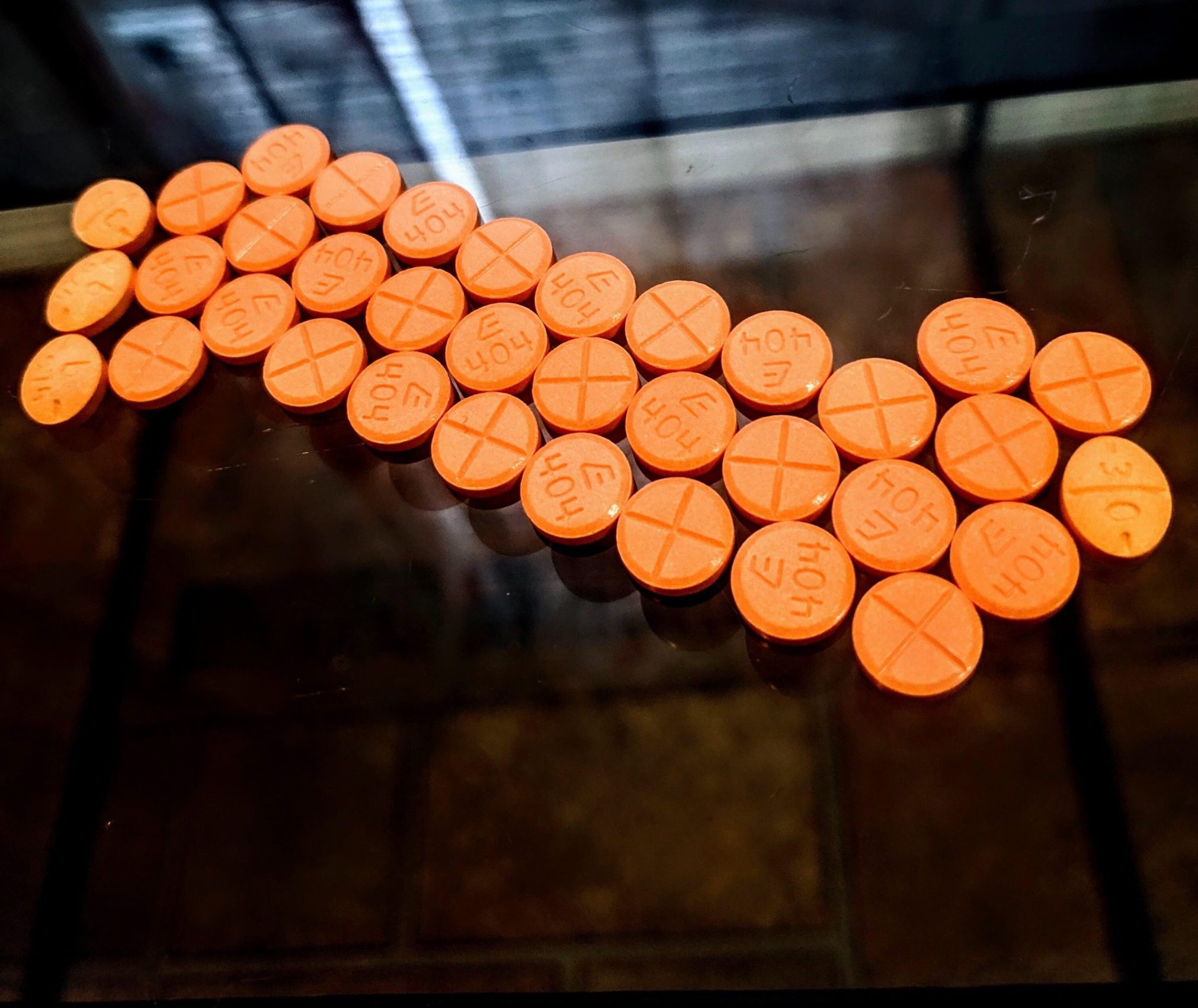Doctors are having second thoughts about using Pfizer Inc’s COVID-19 antiviral pill Paxlovid in lower risk patients. Their reconsideration comes after a US Public Health Agency issued a warning about symptom recurrence following completion of its course, and the need to re-quarantine when symptoms recur.
Dr. Sandra Kemmerly, an infectious disease specialist at Ochsner Health in New Orleans, told Reuters more quarantine time “is not a crowd-pleaser. For those people who really aren’t at risk … I would recommend that they not take it.”
Paxlovid use on newly-infected, at-risk people has soared as infections with newer variants have risen. Last week saw more than 162,000 courses dispensed, a significant rise over the 33,000 courses dispensed per week on average, since the drug was launched late last year. The Biden administration purchased the Paxlovid and provides it for free.
The higher use has however, produced a slew of complaints from people who note their symptoms were alleviated by the drug, but returned quickly after completing the five day course.
ON Tuesday, the CDC issued a warning that relapsed patients could spread the virus and warned that those with recurring symptoms would need to re-isolate to avoid spreading the virus.
Dr. Bruce Farber is chief of public health and epidemiology for Northwell Health. He said he still recommends Paxlovid for patients who are over 75, or have significant health risks, however he added, “I am shying away from giving it to people who are very low- risk, and are not terribly ill, particularly people who are vaccinated and boosted.”
Pfizer issued a statement, saying it believes recurrence with detectable virus is a rare event and not unique to this drug. “We have not seen any resistance emerge to date in patients treated with Paxlovid,” they said.
CDC did note they had no data to indicate if the recurrence of symptoms was related to the drug’s usage, or if it might be part of a normal trajectory the disease takes in some cases.
Dr. Tara Vijayan, infectious disease specialist at UCLA Health in Los Angeles said, “COVID historically has had this sort of stuttering course – people will feel better one day and then feel worse the next day, but I can say we haven’t seen these rebound symptoms with other COVID treatments.”
Dr. Earl Strum, medical director of employee health at Keck Medicine of USC in Los Angeles added, “The patients that do get a rebound, it’s usually very mild.”
Authorized in December, Paxlovid was approved after a study found unvaccinated, high-risk COVID patients with conditions like diabetes showed an 88% reduction in hospitalization or death with usage of the pills while the Delta variant was surging. However since then the more harmless Omicron has taken over. It is unclear if there is still such an advantage to its use in the present epidemiological environment. In addition, population-level immunity is now much higher, limiting the spread and severity of the disease, causing experts to question its necessity going forward.

